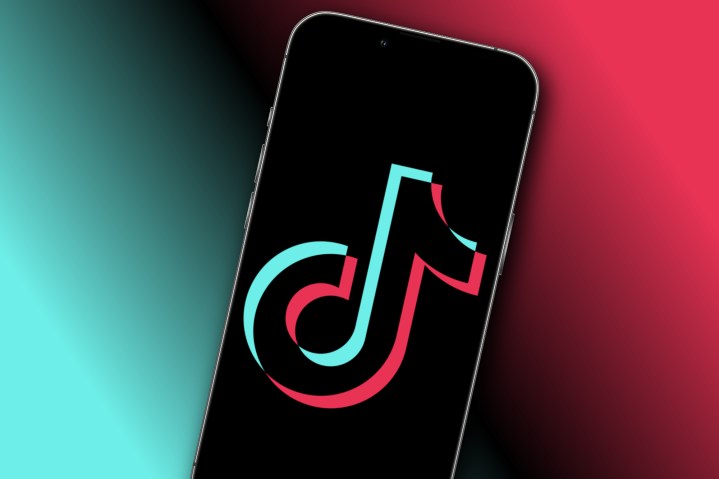TikTok is feeling the heat again after a former leading executive at its parent company, Byte Dance, made a series of damning claims in a wrongful dismissal lawsuit filed recently in the San Francisco Superior Court
Among the allegations made by Yintao Yu was that the Chinese Community Party (CCP) “maintained supreme access” to TikTok data stored in the U.S. when he worked for the company between 2017 and 2018.

Yu also said in the lawsuit that he believes ByteDance “has served as a useful propaganda tool for the Chinese Communist Party.”
The suit comes as U.S. lawmakers continue to consider the future of the social media app amid growing concerns over TikTok’s impact on U.S. national security and data privacy, Axios reported.
Yu, who reportedly worked as head of engineering for ByteDance’s U.S. operations, claimed in the lawsuit that the CCP had a “special office or unit” operating inside the Beijing-headquartered company, adding that it “played a significant role” by influencing “how the company advanced core Communist values” within the app.
The lawsuit accused the company of promoting “nationalistic content [that] served to both increase engagement on ByteDance’s websites and to promote support of the CCP,” adding that the CCP could also access U.S. user data via a “backdoor channel in the code.”
Yu’s suit alleges that ByteDance was “aware that if the Chinese government’s backdoor was removed from the international/U.S. version of the app, the Chinese government would, it feared, ban the company’s valuable Chinese-version apps.”
TikTok has always insisted that the Chinese state has no access to its user data and that U.S. data is stored in the U.S. and Singapore. Responding to the allegations, ByteDance said it will “vigorously oppose what we believe are baseless claims and allegations in this complaint.”
Since Yu left the company in 2018, TikTok has taken several measures to protect U.S. user data, some of which are part of a $1.5 billion initiative called Project Texas.
The future of TikTok’s existence in the U.S. is still hanging in the balance as lawmakers from across the political divide consider moves that would potentially give the American government the power to ban TikTok nationwide.
Editors' Recommendations
- TikTok sued by Utah over alleged child addiction harm
- TikTok users sue to overturn Montana’s statewide ban of app
- TikTok’s new captions and translation features are all about accessibility
- Judge blocks attempt by TikTok creators to prevent app’s ban in U.S.
- Bytedance says it will own 80% of TikTok Global, contradicting Trump’s claims

